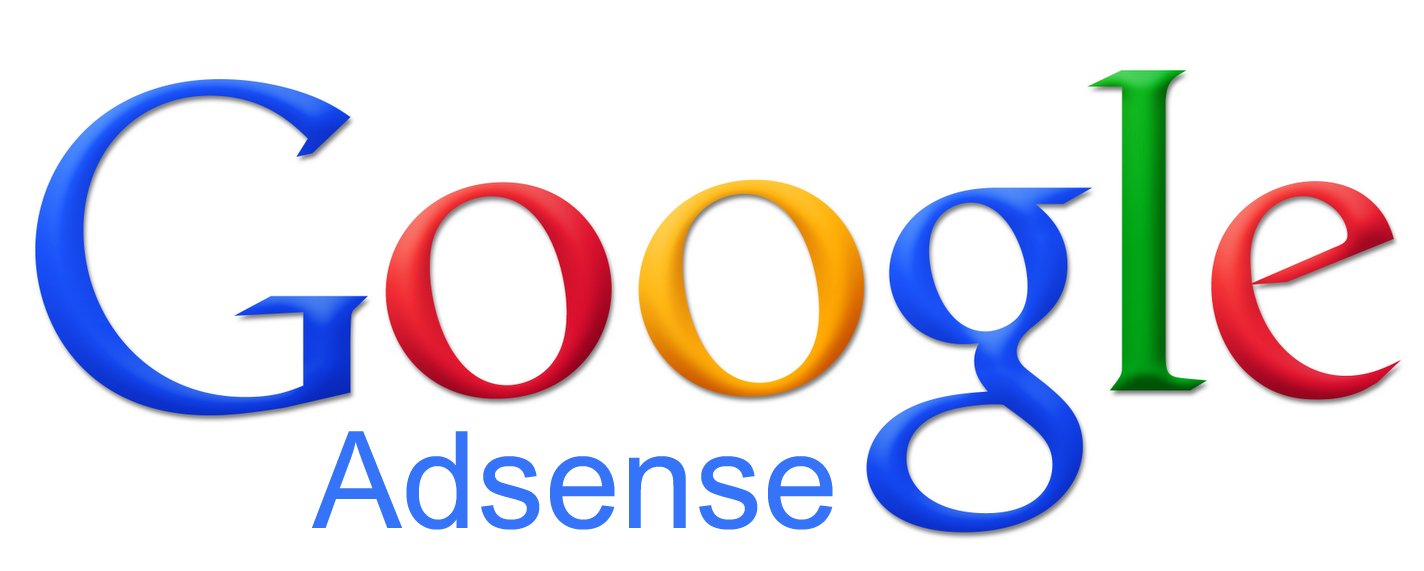
Two political posts in one day – and neither of them is about the elections!
Its one thing when politicians blame bloggers for their own popularity problems, its another when rival companies use political pressure to block deals and control the market.
What I’m talking about is the much hyped advertising partnership between Google and Yahoo that officially came to an end today – before it could begin. Advertisers and publishers were enthusiastic about the possibilities of expanding the online advertising market for more buyers and sellers of website ad placements.
Some background on the systems:
Table of Contents
Online Ad Trading Floor
Google’s Adsense and Adwords are essentially two sides of the same coin. Internet publishers can place Adsense code on their websites, and Adwords buyers can spend money to have their advertisements placed on related or targeted domains.
Since ad placement is bid on in an auction-style format, Google simply acts as a middle man or clearing house for the transaction.
Yahoo does the same thing on its own advertising network – but with a much lower volume of publishers and advertisers. Typically, this means lower competition and lower payments for publishers – but advertisers don’t necessarily net a greater profit because their ability to match ads to specific targets is more limited.
The Win-Win Proposal
The originally discussed and publicized plan would have allowed Google and Yahoo to cooperate on the placement of ads across a larger, more unified market. Publishers would have instantly acquired more demand for specific placements, and advertisers could expect larger volume and/or more exact keyword matches.
Since Yahoo and Google would only be working as middle-men in an auction-style market, there really shouldn’t be much worry about monopolization.
Death by Legal Threats – Who Wins?
Ultimately, the deal is dead in the water. Google cites the cause as concerns by “government regulators and some advertisers” that would likely lead to a “protracted legal battle.”
This is pretty vague, but if we take a look at who these other advertisers may be, it is pretty clear that Microsoft is one of the only other major players in this segment of the market. And it wouldn’t be unheard of to suggest that Microsoft has some influence in Washington – they had a big hand in crafting the various incarnations of what is today the Digital Millennium Copyright Act (DMCA).
You may also remember that just recently, Microsoft was trying to buy out Yahoo completely. In fact, Google came out loudly against the idea – yup, using the “competition” and “monopoly” argument.
Coming Home to Roost
Microsoft had been willing to pay $45 billion for Yahoo at the time their offer was turned down. This was a price that was paying $33 a share – and today Yahoo is only trading in a range around $12-14. Investors felt like the Yahoo board of directors missed a golden opportunity – and they probably did.
Google may even come to regret its role in talking down the Microsoft Yahoo deal. If Yahoo is unable to work with partners like the big G they might not be able to find a viable long term place in the online advertising business. With a few more quarters of decline, they may be left as a client rather than a partner in the next hyped deal or merger.
If this is Yahoo’s near-term fate, then the stock price is likely to fall even further and the executive more desperate to sell. In this case, Microsoft could end up grabbing the company for a tiny fraction of what they offered as recently as February 2008. Its quite possible that they could pay as little as $5-$8 a share in another year or two, especially if the economy continues to slow down and advertising dries up for a little while.

Leave a Reply